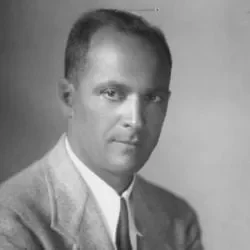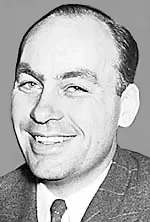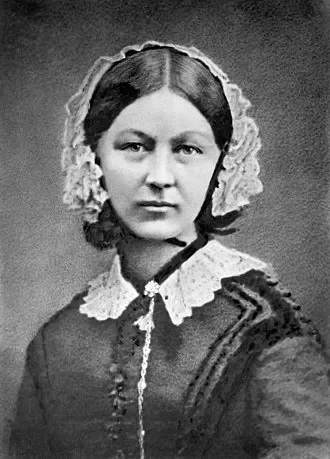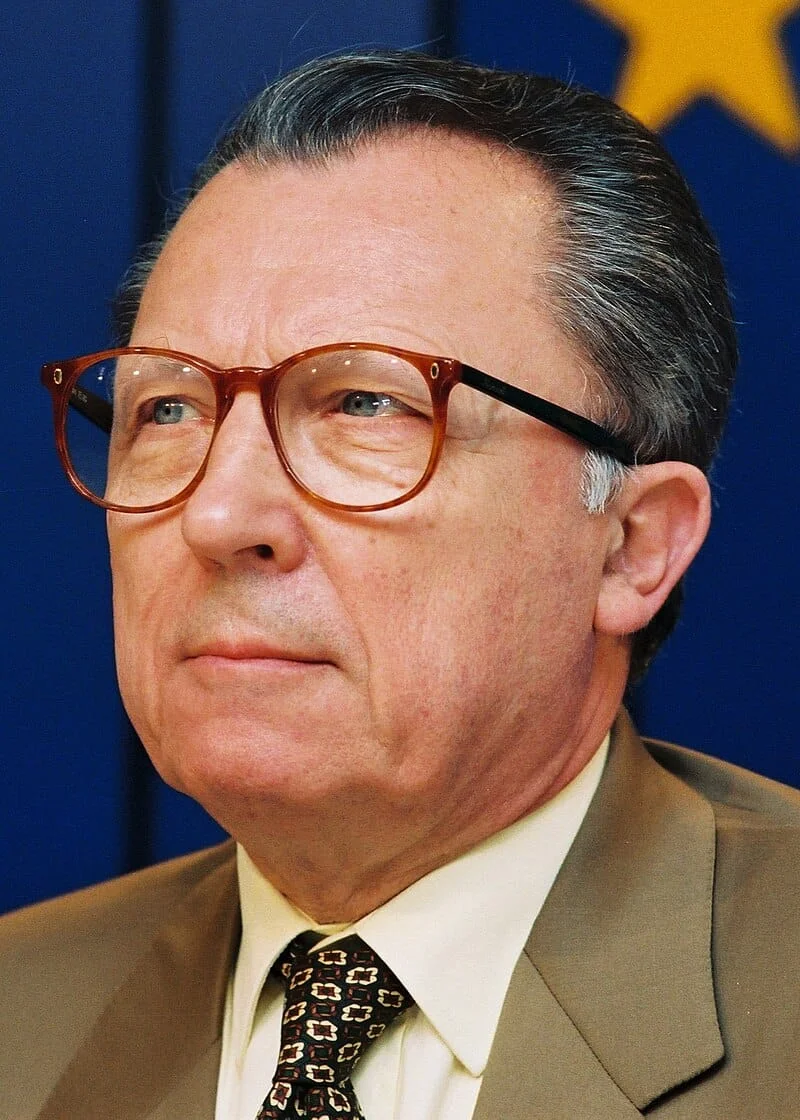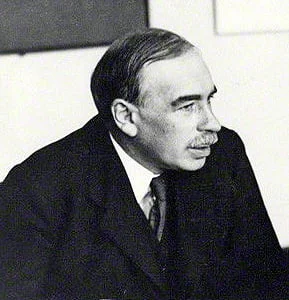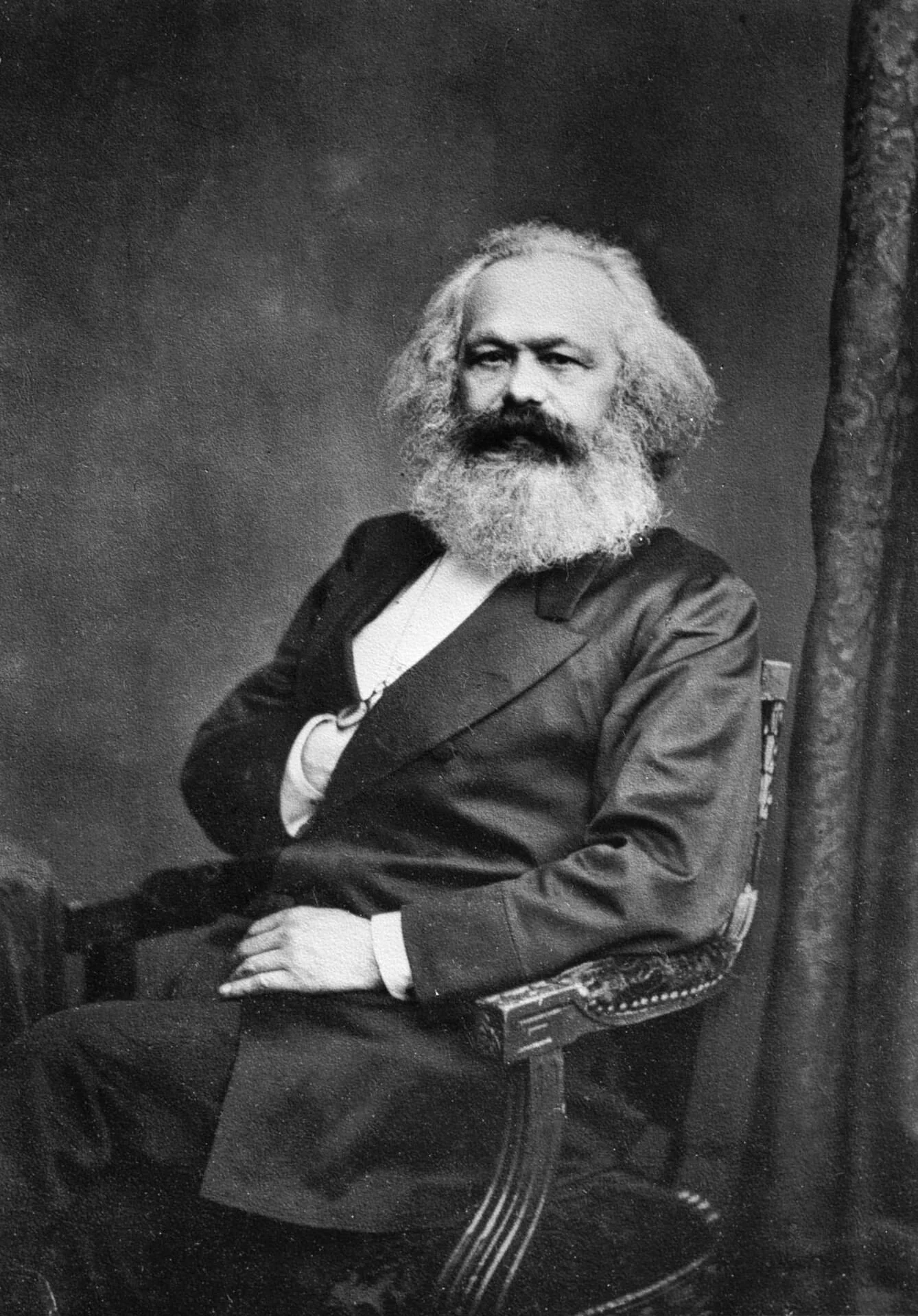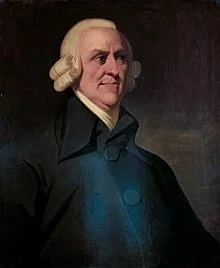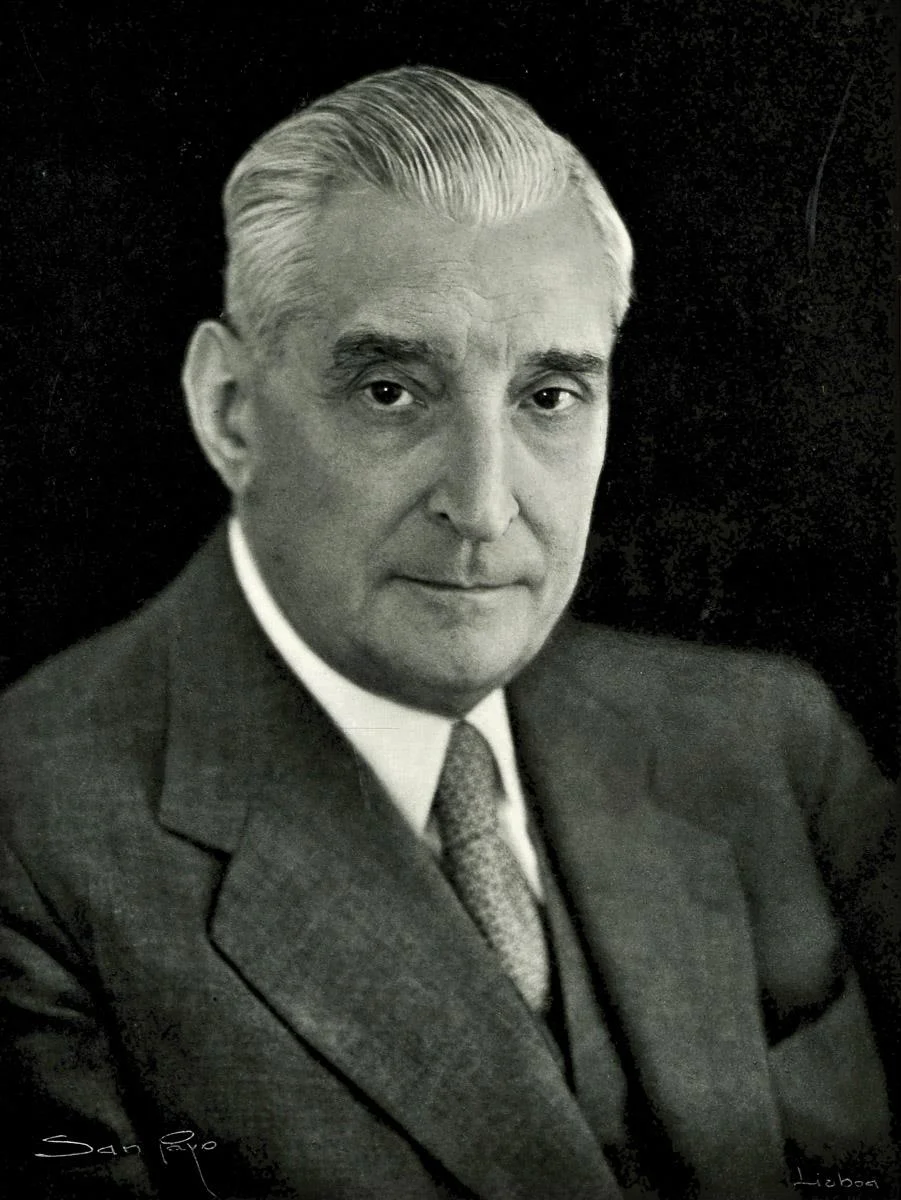Real Celebrities Never Die!
OR
Search For Past Celebrities Whose Birthday You Share
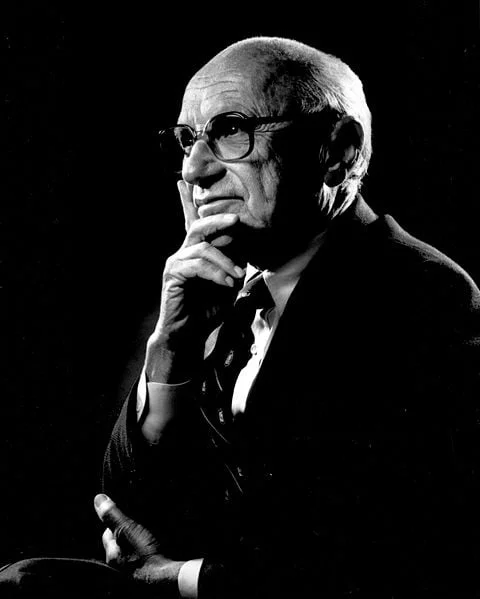
source:wikipedia.org
Milton Friedman
Birthday:
31 Jul, 1912
Date of Death:
16 Nov, 2006
Cause of death:
Heart failure
Nationality:
American
Famous As:
Economist
Age at the time of death:
94
Milton Friedman's Quote's
Introduction
Milton Friedman (1912–2006) was an influential American economist and a key proponent of the Chicago School of economics. His work has left a lasting impact on economic theory and policy, emphasizing free markets, limited government intervention, and monetary stability.
Early Life and Education
Milton Friedman was born on July 31, 1912, in Brooklyn, New York. He grew up in a working-class family and showed early academic promise. Friedman earned his undergraduate degree in economics from Rutgers University in 1932. He pursued graduate studies at the University of Chicago, earning a master’s degree in 1933, and later completed his Ph.D. at Columbia University in 1946.
Early Career and World War II
Friedman began his career as an economic researcher and educator. During World War II, he worked for the U.S. Treasury Department, analyzing tax policies and price controls. These experiences shaped his skepticism of government intervention in the economy and reinforced his belief in free-market principles.
Contributions to Economic Theory
In the 1950s and 1960s, Friedman emerged as a leading voice in economics. His 1953 essay, “The Methodology of Positive Economics”, highlighted the role of theory in predicting real-world outcomes. He argued that economic models should be judged by their predictive accuracy rather than their assumptions.
Capitalism and Freedom
In 1962, Friedman published “Capitalism and Freedom”, a landmark work advocating for free markets and limited government involvement. He argued that government control often leads to unintended consequences, stifling economic growth and individual freedom. His ideas became a cornerstone for modern free-market economics.
Monetary Policy and Monetarism
During the 1960s, Friedman developed monetarism, a theory emphasizing the role of money supply in economic stability. He argued that stable and predictable growth in the money supply was essential for controlling inflation and avoiding economic instability.
His views gained prominence in the 1970s, as countries faced high inflation. Friedman’s advocacy for monetary restraint influenced central banks worldwide and contributed to the adoption of inflation targeting as a policy framework.
Nobel Prize Recognition
In 1976, Friedman received the Nobel Memorial Prize in Economic Sciences for his work on monetary theory and policy. The award recognized his analysis of the relationship between money supply and inflation and his support for free-market principles.
Advocacy for Educational Choice
Friedman was a strong advocate for school choice, promoting the use of vouchers to improve education. He argued that competition would enhance school quality and empower parents. His ideas continue to influence education policy discussions globally.
Public Engagement and Later Years
Throughout his career, Friedman remained a prominent public intellectual. He appeared on television, participated in debates, and engaged with other leading economists. Even in his later years, he continued to write and speak on economic issues, remaining influential until his death on November 16, 2006, at age 94.
Legacy
Milton Friedman’s ideas have profoundly shaped economic thought and policy. His advocacy for free markets, stable monetary policy, and limited government intervention continues to inspire economists and policymakers. As one of the most influential economists of the 20th century, Friedman’s legacy endures through ongoing study and debate.
Name:
Milton Friedman
Popular Name:
Milton Friedman
Gender:
Male
Cause of Death:
Heart failure
Spouse:
Place of Birth:
Brooklyn, New York City, U.S
Place of Death:
San Francisco, California, U.S
Occupation / Profession:
Personality Type
Logistician: Practical and fact-minded individuals, whose reliability cannot be doubted. His approach of free market and limited government involvement is appreciated even today
Friedman served as an economic advisor to several U.S. presidents, including Richard Nixon and Ronald Reagan, where he played a crucial role in shaping economic policies during their administrations.
His parents were immigrants from present-day Ukraine.
His seminal work, A Theory of the Consumption Function, introduced the idea of “permanent income,” which transformed the understanding of how consumers make spending decisions.
Milton Friedman’s best-known contributions are in the realm of monetary economics, where he is regarded as the founder of monetarism.
Golden Plate Award of the American Academy of Achievement.
John Bates Clark Medal
Member of the American Philosophical Society
Member of the National Academy of Sciences
National Medal of Science
Nobel Memorial Prize in Economics
Presidential Medal of Freedom

